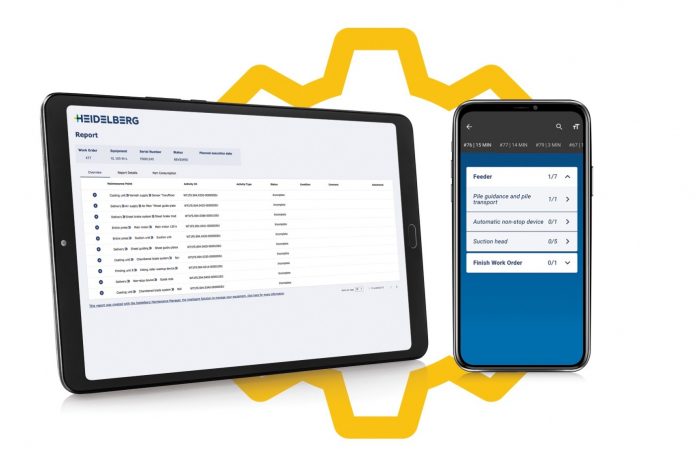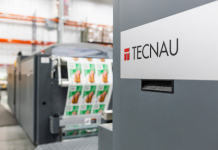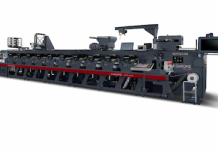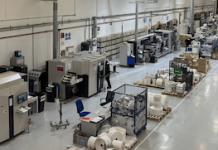Heidelberger Druckmaschinen AG (Heidelberg) is taking the next step in digitising its service portfolio and transferring smart and preventive maintenance to the cloud with the new Maintenance Manager.
The rapid progress of digitisation is transforming the print media industry. Print shops are facing the challenge of dealing with all kinds of different jobs ever faster and, above all, more flexibly, while still producing top-quality results. Machine stoppages and/or damage due to inadequate maintenance or the absence of a maintenance strategy can quickly jeopardise the competitiveness of print shops. For a number of years now, Heidelberg has therefore been digitising service operations by equipping machine systems with ever smarter preventive functions such as eCall and Predictive Monitoring. The aim in all cases is to maximise machine uptime.
Most machine maintenance has to date been based on hard copies of lists and a maintenance schedule specified by Heidelberg that customers adhere to with varying degrees of precision.
In the new web application, maintenance operations that are due can be planned and managed using machine data in an automated process, in line with maintenance intervals and machine usage. Heidelberg service engineers receive orders via an app on their mobile devices and deal with these on customer premises. The app helps by providing detailed descriptions of specific steps in the form of texts, graphics and videos. The customer’s maintenance staff also have access to the Maintenance Manager app, which enables customers themselves to handle maintenance tasks for which they are responsible. Prioritisation based on urgency is combined in an intelligent way with the time required and the IoT data generated by the press to show staff exactly what needs to be done when.
On completion of the work, all the relevant information is saved in the Maintenance Manager. This ensures access to the complete maintenance history and seamless documentation – in the case of audits, for example, and as proof for particularly exacting customers from the packaging or pharmaceuticals industry. The digital maintenance process makes planning service operations and machine downtimes far easier. It also significantly improves machine availability. On a Speedmaster XL 106, for instance, unscheduled downtimes can be reduced by up to 20 percent.
Customers can obtain Maintenance Manager as part of a volume/usage-based Print Site Contract and use it via the digital collaboration platform Heidelberg Assistant. The Maintenance Manager was developed in collaboration with the Heidelberg-owned software company DOCUFY, whose contribution focused primarily on its technical documentation expertise.
‘The new Maintenance Manager was developed in close cooperation with customers’ users and now enables fully digital maintenance management,’ said Klaus Kohl, Head of Product Management Service, Parts and Consulting at Heidelberg. ‘With this digitisation drive, our customers are benefiting from far higher machine availability, reduced downtimes and seamless documentation,’ he added.
HEIDELBERG
https://www.heidelberg.com/





















